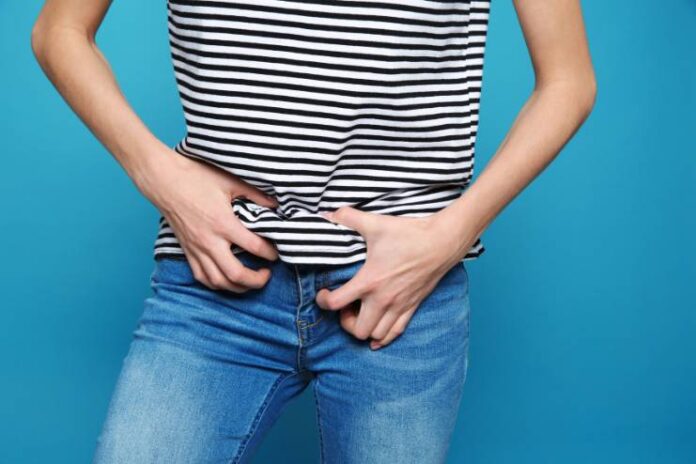Affiliate Disclaimer
Some links in this article are affiliate links. We may earn a small commission if you make a purchase through these links, at no extra cost to you. We only recommend products we find useful to our readersJock itch, or tinea cruris, is a fungal infection that affects the skin of the buttocks, inner thighs, and the groin area. It thrives in warm, humid places where friction causes redness, itching, and discomfort.
A red rash with raised edges, itching that worsens with movement or sweat, and occasional skin peeling or cracking are common symptoms.
Fungi, frequently the same ones that cause ringworm and athlete’s foot, are the source of the infection. It’s essential to use home remedies for jock itch since they provide safe, natural solutions without the adverse effects of some drugs, allowing for a quicker recovery and greater comfort.
Home Remedies for Jock Itch
1. Tea Tree Oil
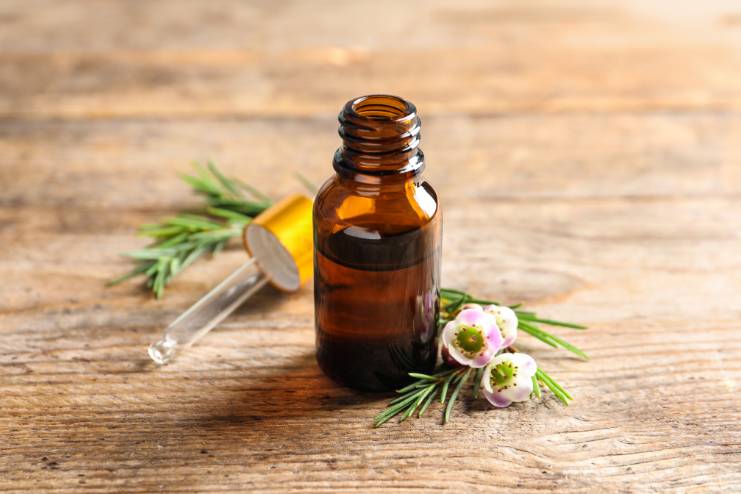
Tea tree oil can effectively treat jock itch because of its powerful antifungal and antibacterial properties. Terpinen-4-ol, the active component in tea tree oil, attacks the fungus responsible for the infection.
Dilute a few drops of tea tree oil with a carrier oil like coconut oil before applying it directly to the affected area, preferably two to three times daily. Diluting is important as tea tree oil can be irritating for some.
2. Apple Cider Vinegar

The acidic properties of apple cider vinegar provides an unfavorable environment for the growth of fungi.
Dilute apple cider vinegar with water in equal proportions:
- Use a cotton ball to apply the solution to the affected area.
- Allow it to sit for fifteen to twenty minutes before rinsing it with water.
- Repeat twice a day until the symptoms disappear.
It is essential to dilute apple cider vinegar to prevent skin irritation caused by its acidity.
3. Garlic

In addition to its powerful antibacterial and antifungal qualities, garlic can also help ease the symptoms of jock itch.
To make a paste, crush a few garlic cloves, and then apply the paste directly to the area that is affected. Rinse it with lukewarm water after allowing it to sit for ten to fifteen minutes.
Another method for achieving relief is to combine garlic oil with a carrier oil and then apply the mixture two to three times a day.
4. Coconut Oil

Due to its antifungal and soothing qualities, coconut oil is not only a common culinary item but also an effective treatment for jock itch. When applied directly to the afflicted skin, virgin coconut oil relieves fungal infection-related irritation and discomfort. Its organic antifungal ingredients aid in addressing the root cause of jock itch and accelerate the healing process.
The moisturizing properties of coconut oil are one of its main advantages; they reduce dryness and create a barrier that shields the skin. This barrier facilitates faster healing of the injured area by reducing discomfort from clothing and friction.
Apply liberal amounts of virgin coconut oil to the afflicted region many times a day for optimal effects.
5. Aloe Vera

Aloe vera gel can alleviate itching and inflammation caused by jock itch with its cooling and therapeutic qualities.
Use a gel that is available over-the-counter or fresh aloe vera gel that has been extracted directly from the leaf to apply to the affected area. For optimal results, repeat the process multiple times per day.
6. Oregano Oil
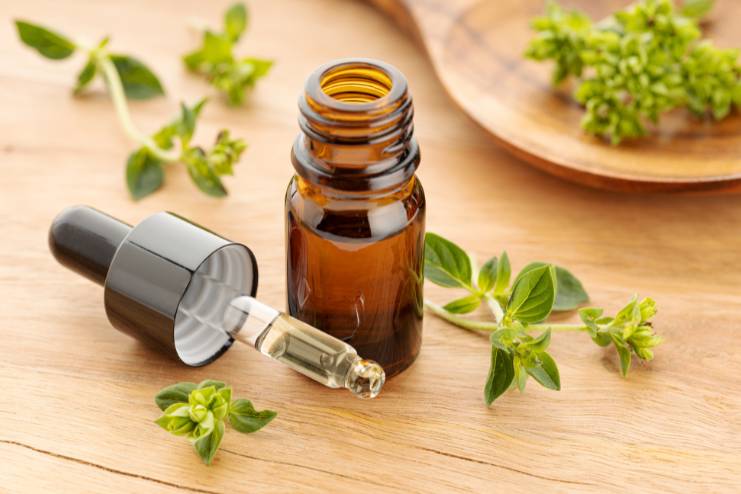
Oregano oil is loaded with potent antifungal chemicals like carvacrol and thymol, which allows it to treat the fungus responsible for jock itch effectively.
Oregano oil should be combined with a carrier oil, like coconut oil, and then applied to the affected area. Be careful, as oregano oil is quite powerful; consider diluting it further if you experience skin sensitivity.
7. Baking Soda
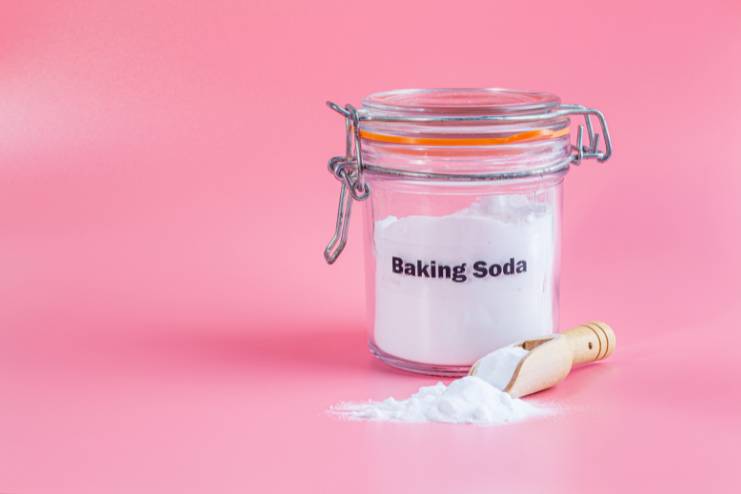
Baking soda can alleviate itching and balance skin pH levels.
Combine baking soda and a little water to create a smooth paste and apply it directly to the area showing signs of infection.
Alternately, soak in warm bathwater infused with baking soda for fifteen to twenty minutes to alleviate the itching and dry off the rash.
8. Salt Bath
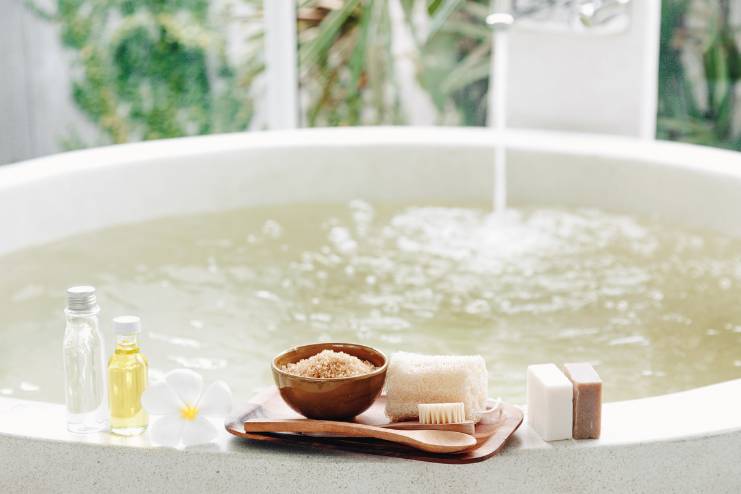
Salt baths help reduce moisture and prevent fungal growth, making them a simple yet effective treatment for jock itch. By removing extra moisture from the affected area, the salts help produce an environment less conducive to the growth of fungal infections.
To create a salt bath, fill a warm bathtub with a heaping cup of sea salt or Epsom salt and swirl until the salt dissolves. Soak in the salted bath for ten to fifteen minutes. Pat the skin dry with a soft towel afterward.
With salt baths, consistency is essential. For best results, practice this calming ritual twice a day until your jock itch sensations subside. Salt baths are a very great addition to your self-care routine for jock itch because they not only help with the healing process but also offer instant relief.
9. Honey

The antibacterial qualities of honey can aid in the healing process of jock itch rashes.
Apply a thin layer of raw honey to the affected area immediately and leave it on for twenty to thirty minutes before rinsing it off with lukewarm water. Repeat two to three times per day for relief.
10. Neem
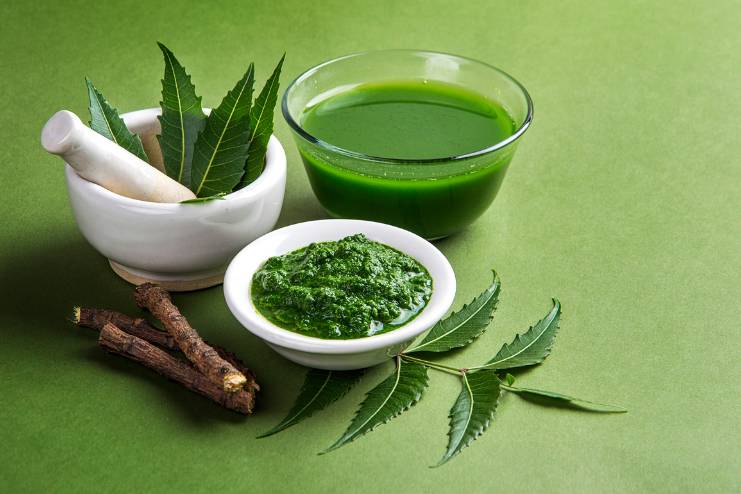
Neem, scientifically known as Azadirachta indica, is a good treatment for fungal infections such as jock itch due to its antibacterial qualities.
To treat afflicted skin, apply a paste from crushed neem leaves directly to the area.
Alternatively, you could dilute neem oil with a carrier oil and apply it twice daily until the symptoms disappear.
11. Yogurt

The probiotics in yogurt promote healthy skin bacteria and aid in fighting fungal infections.
Directly apply plain yogurt to the affected area, leaving it on for 20-30 minutes, then rinse with lukewarm water. For relief, repeat this process twice daily.
12. Lemon Juice
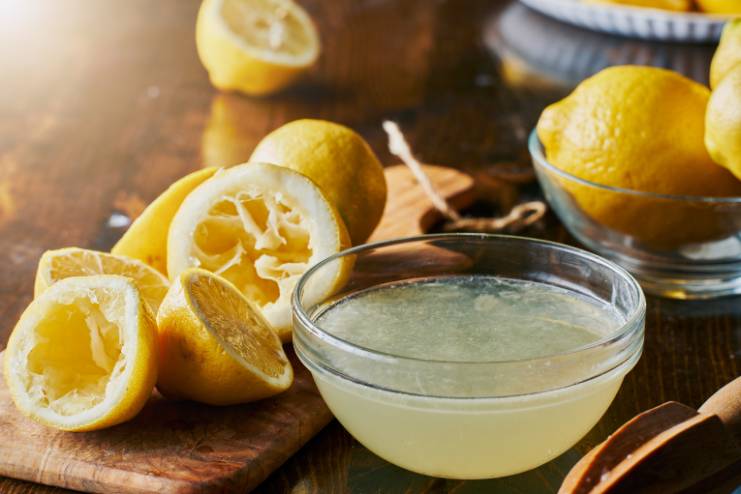
The acidity of lemon juice prevents fungi from thriving.
Dilute lemon juice with an equal amount of water and apply the solution to the impacted area with a cotton ball. Allow it to remain on for 10-15 minutes before washing off thoroughly with water. Be careful if your skin is sensitive.
13. Cornstarch
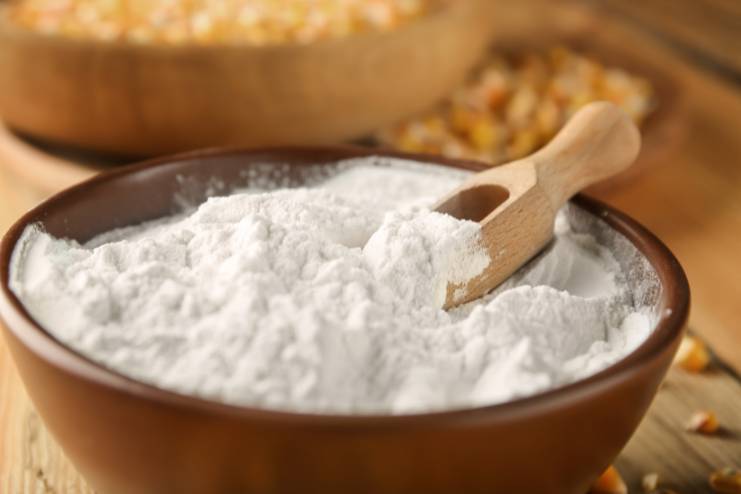
Cornstarch, a frequently used item in households, is an excellent solution for jock itch because of its outstanding power to soak up moisture. Cornstarch helps decrease friction and prevents fungal growth by keeping the affected area dry. This essential powder can significantly reduce the discomfort from jock itch, providing a simple and readily available remedy.
Begin by cleaning and drying the affected area before using cornstarch. This stage is vital as it guarantees that there is no extra moisture left, which might encourage the growth of fungi. After thoroughly drying the skin, generously apply cornstarch directly to the affected area. The cornstarch will quickly soak any remaining moisture, creating a dry and pleasant barrier.
Monitor the affected area during the day and reapply cornstarch as required to ensure dryness and comfort. This ongoing use prevents moisture buildup, decreasing the chances of friction and irritation. By adding cornstarch to your daily regimen, you can effectively control jock itch symptoms and aid in the healing process, making it a convenient and affordable part of your treatment strategy.
14. Turmeric

The anti-inflammatory and antibacterial qualities of turmeric might ease symptoms of jock itch.
Create a mixture with turmeric powder and water, then apply it to the problem area. Keep it on for 15-20 minutes before washing off with water. Continue doing this every day until you start feeling better.
Be careful when applying turmeric, as it may stain any clothing it comes in contact with.
15. Essential Oils (Lavender, Eucalyptus)

Lavender and eucalyptus essential oils have antifungal properties that can help with jock itch treatment.
Mix some essential oil with a carrier oil and gently spread it on the impacted skin. Exercise caution when using any kind of essential oils, as they are strong and could lead to irritation if not diluted correctly.
16. Cloves
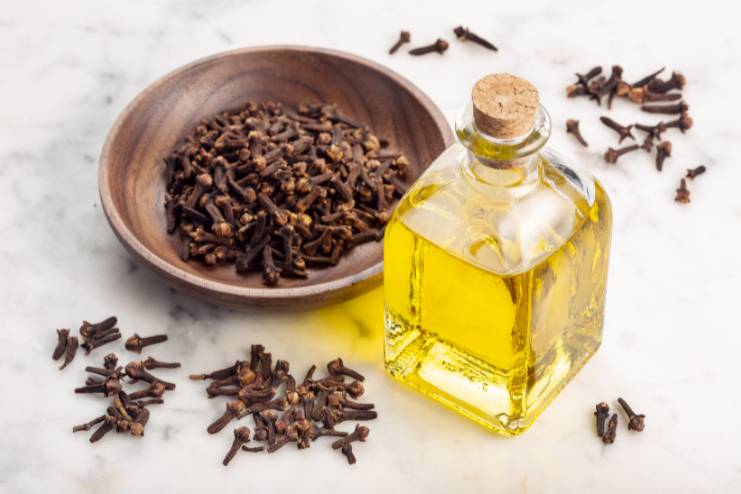
Cloves have antifungal and analgesic properties that make them helpful in relieving jock itch.
Grind cloves, and mix with a little water and apply the mixture onto the impacted spot. Allow it to sit for 15-20 minutes before washing it off with water.
Alternatively, mix clove oil with a carrier oil and use a small amount on the rash.
Prevention and Tips
To stop jock itch from recurring, it’s essential to start doing a few easy but practical things.
Wear loose clothes which allow air to flow, especially around your groin area. Clothes that fit too tightly, can hold in sweat, creating a perfect environment for fungi to grow.
Choose natural fabrics like cotton or linen that allow air to move freely and help keep your skin dry.
Keeping yourself clean is also vital. Shower every day, especially after you’ve been active and sweating. After you shower, dry your groin area with a fresh towel.
Use powders that fight fungi or cornstarch to soak up extra sweat and lower the chance of getting a fungal infection.
Changing your habits can also help. Don’t share towels and clothes because fungi can spread that way.
Wash your workout clothes and underwear after every use to stop fungi from building up.
When to See a Doctor
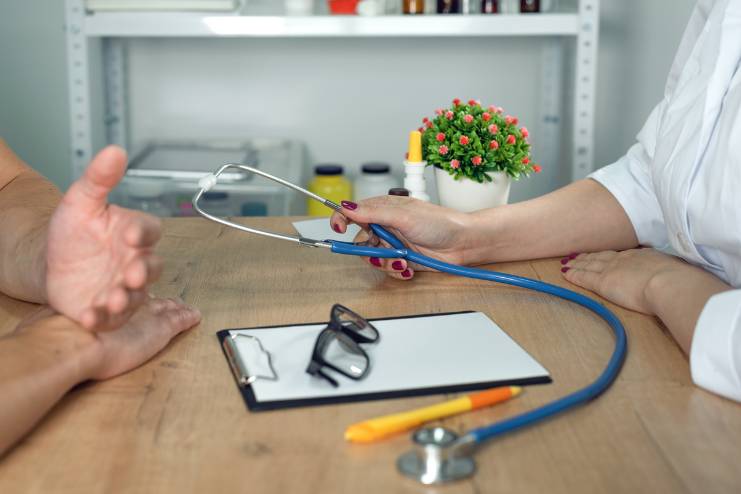
Although natural remedies can successfully manage moderate instances of jock itch, there are instances when it’s essential to seek medical care.
If the condition continues for more than two weeks after trying various over-the-counter solutions and natural remedies, seeing a doctor is necessary. Moreover, if the infection moves to different parts of the body, like the stomach or thighs, or if you experience swelling, discharge, or blisters, it’s essential to get medical help immediately.
Extreme itching, discomfort, or an infection that worsens despite treatment indicates that you should see a medical expert.
A doctor can recommend more potent antifungal drugs, either applied to the skin or taken orally, to deal with persistent infections. They can also eliminate other skin issues that could look like jock itch, making sure you get the correct diagnosis and treatment.
Conclusion
Natural treatments at home can be very successful in treating jock itch, providing easy-to-find, holistic ways to reduce symptoms and encourage recovery.
Treatments like tea tree oil, apple cider vinegar, and coconut oil, offer antifungal and calming effects that help control the infection.
If symptoms do not improve after trying these remedies, seeking advice from a medical expert is crucial.
Severe jock itch might need more potent, doctor-prescribed drugs or additional medical check-ups to guarantee adequate treatment. Acting quickly can speed up healing and avoid further issues, resulting in smoother, itch-free skin.
-
Jan 2017Written by Prajakt
-
July 2024Edited by Ankita
In this Article















